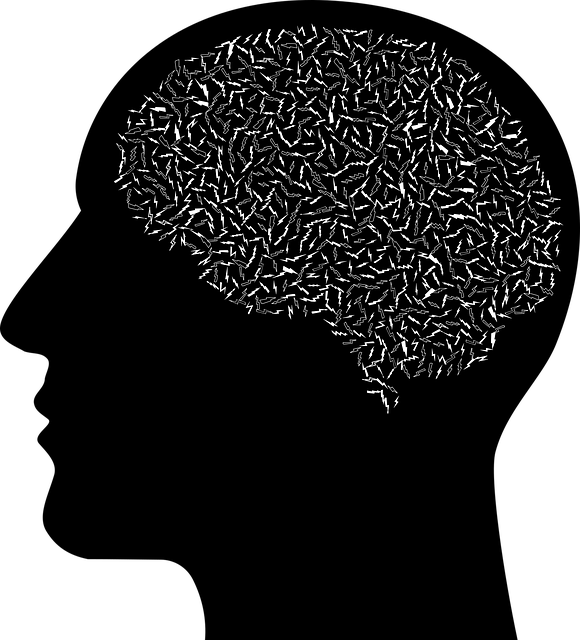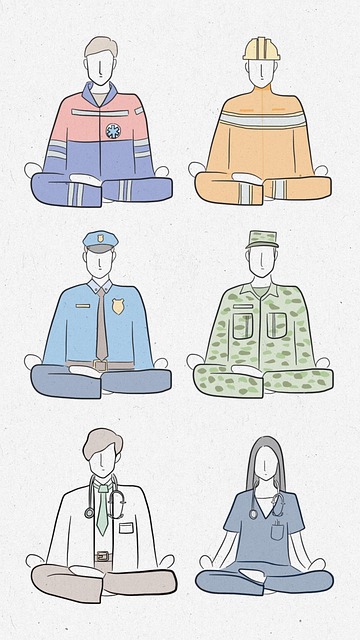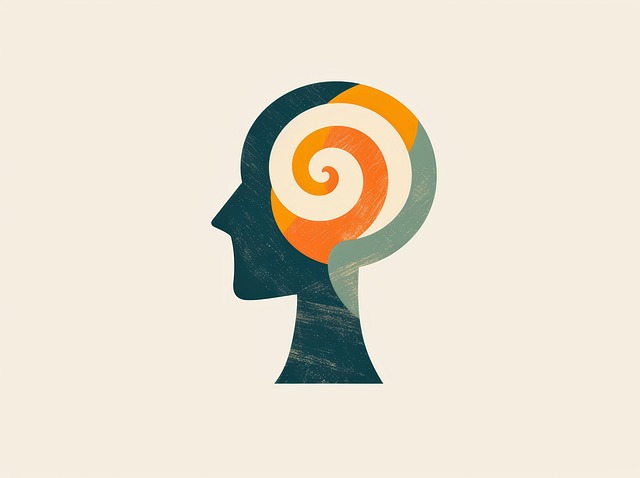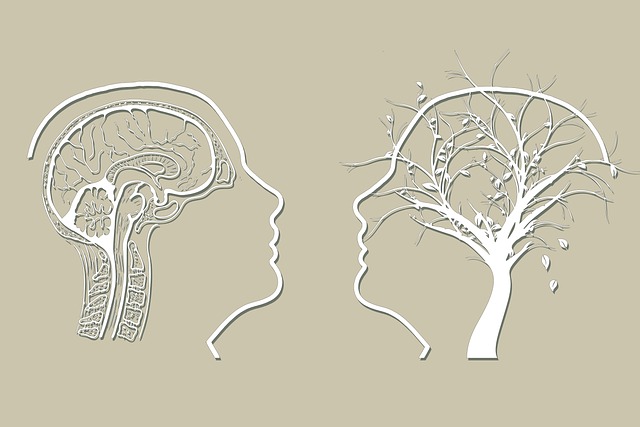Mental wellness programs, including Centennial Divorce Therapy, leverage various evaluations like traditional clinical interviews, online platforms, and qualitative feedback to enhance well-being. While structured assessments offer quantitative insights, innovative programs like Centennial Divorce Therapy go beyond with holistic approaches, such as interviews, journaling, and group discussions, to understand emotional landscapes during divorce. By combining quantitative data with client self-reporting and tailored interventions, these modern programs provide nuanced, personalized support for mental health journeys.
“Unraveling the effectiveness of mental wellness programs demands a comprehensive evaluation, especially as innovative approaches like Centennial Divorce Therapy gain traction. This article navigates the landscape of program assessment, offering insights into diverse evaluation methods. From traditional techniques to modern innovations, we explore how each method contributes to understanding program success. By delving into these strategies, practitioners can enhance their practices, ensuring that mental wellness interventions are tailored to meet individual needs.”
- Understanding Mental Wellness Programs: An Overview
- Centennial Divorce Therapy: A Unique Approach to Evaluation
- Traditional Evaluation Methods: Strengths and Limitations
- Innovative Assessment Techniques for Modern Programs
Understanding Mental Wellness Programs: An Overview

Mental wellness programs are designed to promote overall well-being and resilience by addressing various aspects of mental health. These programs can range from individual therapy sessions, such as those offered by Centennial Divorce Therapy, to group support meetings and online platforms facilitating compassion cultivation practices. The goal is to provide individuals with the tools and resources needed to manage stress, reduce anxiety, and enhance their overall quality of life.
Evaluating these programs is crucial to ensure their effectiveness and make informed decisions about which methods work best for different populations. A comprehensive evaluation involves assessing participation rates, client satisfaction, and changes in mental health outcomes over time. Incorporating feedback from participants, as well as qualitative data through mental wellness podcasts or online surveys, can offer valuable insights into the program’s impact. By examining these aspects, practitioners can refine programs like Stress Reduction Methods and Compassion Cultivation Practices to better serve those seeking support.
Centennial Divorce Therapy: A Unique Approach to Evaluation

Centennial Divorce Therapy offers a unique approach to evaluation that goes beyond traditional metrics. This innovative method prioritizes individuals’ holistic mental wellness, focusing on both their emotional and psychological states during and after divorce. Unlike typical stress management programs that solely rely on quantitative data like survey scores or therapy attendance records, Centennial Divorce Therapy employs qualitative techniques such as in-depth interviews, personal journaling, and group discussions to gain insights into clients’ lived experiences. By encouraging positive thinking and fostering a supportive community, this approach aims to help individuals navigate the complex emotional landscape of divorce with resilience and grace.
The evaluation process is designed to be collaborative, allowing participants to reflect on their personal growth and identify areas for further improvement in their mental wellness journey. Through regular check-ins and comprehensive feedback loops, therapists can tailor interventions to meet individual needs, ensuring that each client receives personalized support. By integrating these qualitative methods, Centennial Divorce Therapy aims to revolutionize divorce support services, promoting lasting mental wellness among those navigating this life transition.
Traditional Evaluation Methods: Strengths and Limitations

Traditional evaluation methods in mental wellness programs have long been the cornerstone of clinical practice, offering structured assessments and standardized tools to gauge a client’s mental health status. These approaches, often employed by professionals like those at Centennial Divorce Therapy, include clinical interviews, psychological questionnaires, and behavioral observations. The strengths lie in their ability to provide quantitative data, allowing for measurable comparisons over time and facilitating informed treatment planning. They are particularly useful in identifying symptoms, diagnosing disorders, and tracking progress through structured measures.
However, these methods also have limitations. They may not capture the nuanced complexities of a client’s experience, especially when it comes to subjective emotional healing processes. Traditional risk assessments, while crucial for safety protocols, can sometimes oversimplify the intricate web of mental health factors. Additionally, relying solely on quantitative tools might overlook alternative assessment methods that embrace mind over matter principles, such as qualitative feedback and client self-reporting, which could provide deeper insights into their emotional well-being.
Innovative Assessment Techniques for Modern Programs

In the realm of mental wellness programs, innovative assessment techniques are becoming ever more crucial to measure effectiveness and tailor interventions for modern challenges like Centennial Divorce Therapy. Gone are the days when traditional surveys and interviews were the sole means of evaluation. Today’s advanced programs recognize that comprehensive understanding requires diverse methods. This includes incorporating Self-Awareness Exercises to delve into individuals’ emotional landscapes, uncovering hidden dynamics that may impact their well-being.
Moreover, integrating Conflict Resolution Techniques as assessment tools can provide valuable insights into interpersonal interactions and relationship patterns, which are often central issues in therapy, such as those explored in Centennial Divorce Therapy. By combining quantitative data from standardized measures with qualitative information gathered through creative exercises, programs can offer a more nuanced view of clients’ mental health progress, enabling them to design interventions that address both individual and systemic barriers to wellness.
In exploring mental wellness program evaluation methods, this article has highlighted diverse approaches, from traditional techniques to innovative practices like Centennial Divorce Therapy. As we navigate the evolving landscape of mental health care, adopting comprehensive and flexible evaluation strategies is essential for measuring the effectiveness of programs. By combining established strengths with cutting-edge techniques, such as the unique perspective offered by Centennial Divorce Therapy, professionals can enhance client outcomes and ensure that mental wellness support remains dynamic and relevant in today’s world.














